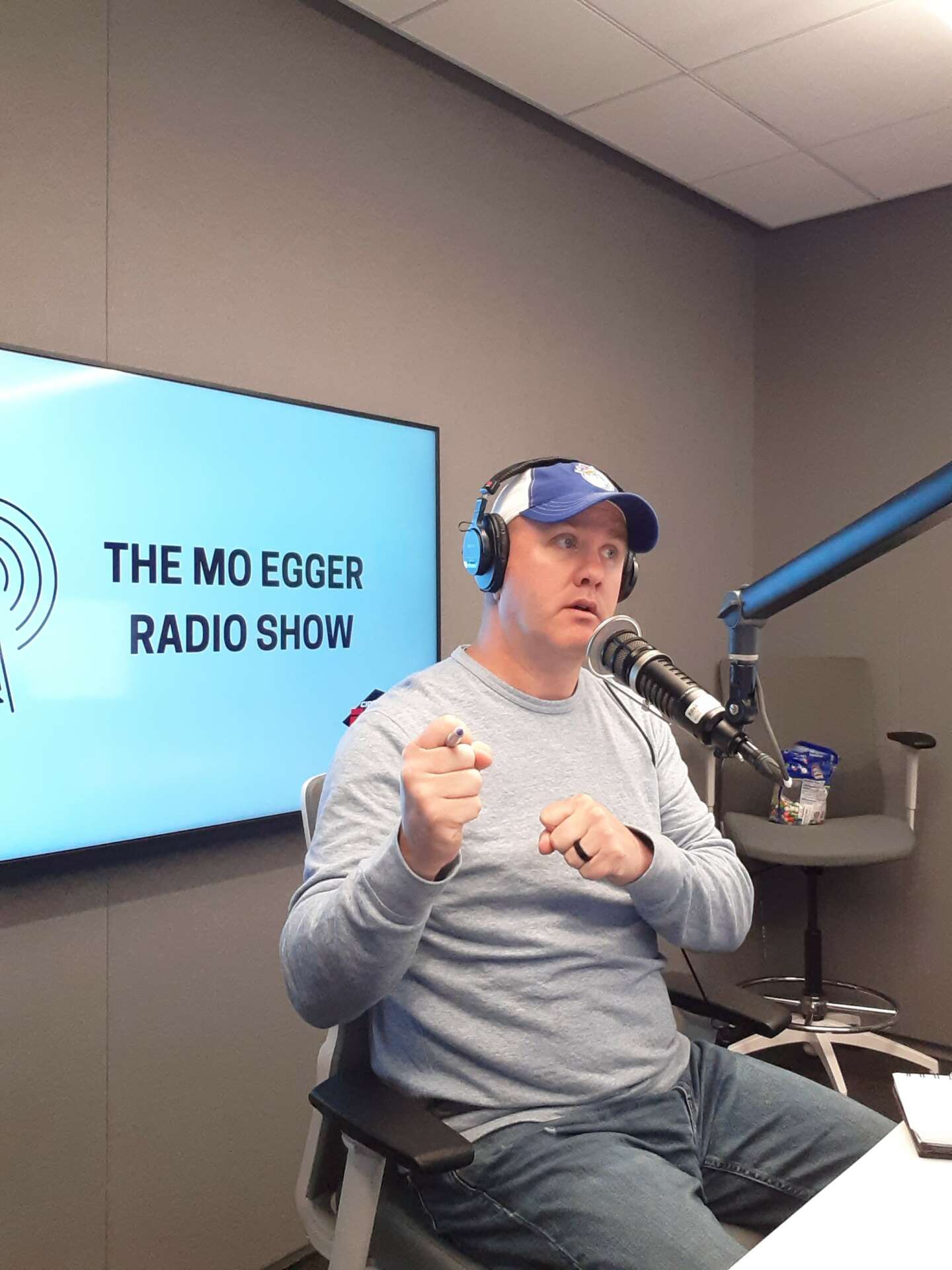We were lucky to catch up with Mo Egger recently and have shared our conversation below.
Mo, looking forward to hearing all of your stories today. Are you happy as a creative professional? Do you sometimes wonder what it would be like to work for someone else?
I would stop well short of referring to myself as an “artist,” but I’m in a job that demands creativity, which is one of the things I love most about it.
I love the process of preparing for and executing a live broadcast, and few things provide the sort of rush that comes with an idea turning into quality broadcast content. I just wish it happened more often.
I don’t know of a broadcaster who hasn’t wondered what it would like to have a “regular job.” I think given the very public nature of what we do – with our
flaws exposed, not being allowed a bad day, and always having to be “on” – there are times when all of us who make a living in front of a microphone or camera imagine what it must be like to have a gig that wasn’t quite as forward-facing, but this is what we signed up for, knowing full well that working in broadcasting wasn’t “regular.”
I do sports talk radio, and I do it from a fan’s perspective. My job has allowed me to combine two passions that developed when I was very, very young, and
I enjoy the work immensely. I love talking about sports, and I love the intimacy and immediacy radio provides.
That said, there have been times when I wonder how much more fun it would be to be a fan and not have process a game or an event through the filter of having to construct radio segments around it. The Super Bowl this past season is an example. The Cincinnati Bengals played for a title for the first time since I was in the sixth grade. I was lucky enough to have a ticket to the game, and to have a chance to sit with three of my best friends, who are all huge fans, It was awesome.
At the same time, the days leading up to the game were a lot of work and the entire experience of being there for the game was set up against the backdrop
of having to come up with almost nonstop content. And knowing that our audience was going to be pretty big in the game’s aftermath, I had to watch the game from two different perspectives. One, being a fan that wanted my team to win. The other being someone who had to craft radio segments around the details of the game, after scurrying to get back to Cincinnati from Los Angeles. There were fleeting moments, especially in the days leading up to the game when people I know were basking in the Super Bowl atmosphere as I fretted about the next show and what would be on it. During those moments, sure, I wondered what it would be like to have a regular gig with sports as something that merely provided an escape and not a livelihood.
At the same time, come on, situations like the one I described are why we do what we do, to be the soundtrack of people’s experiences, and to provide commentary on moments that are important to the audience. Do I sometimes wonder what having a “regular job” would be like? Sure. Am I interested in trading places with someone who does?
Not a chance.
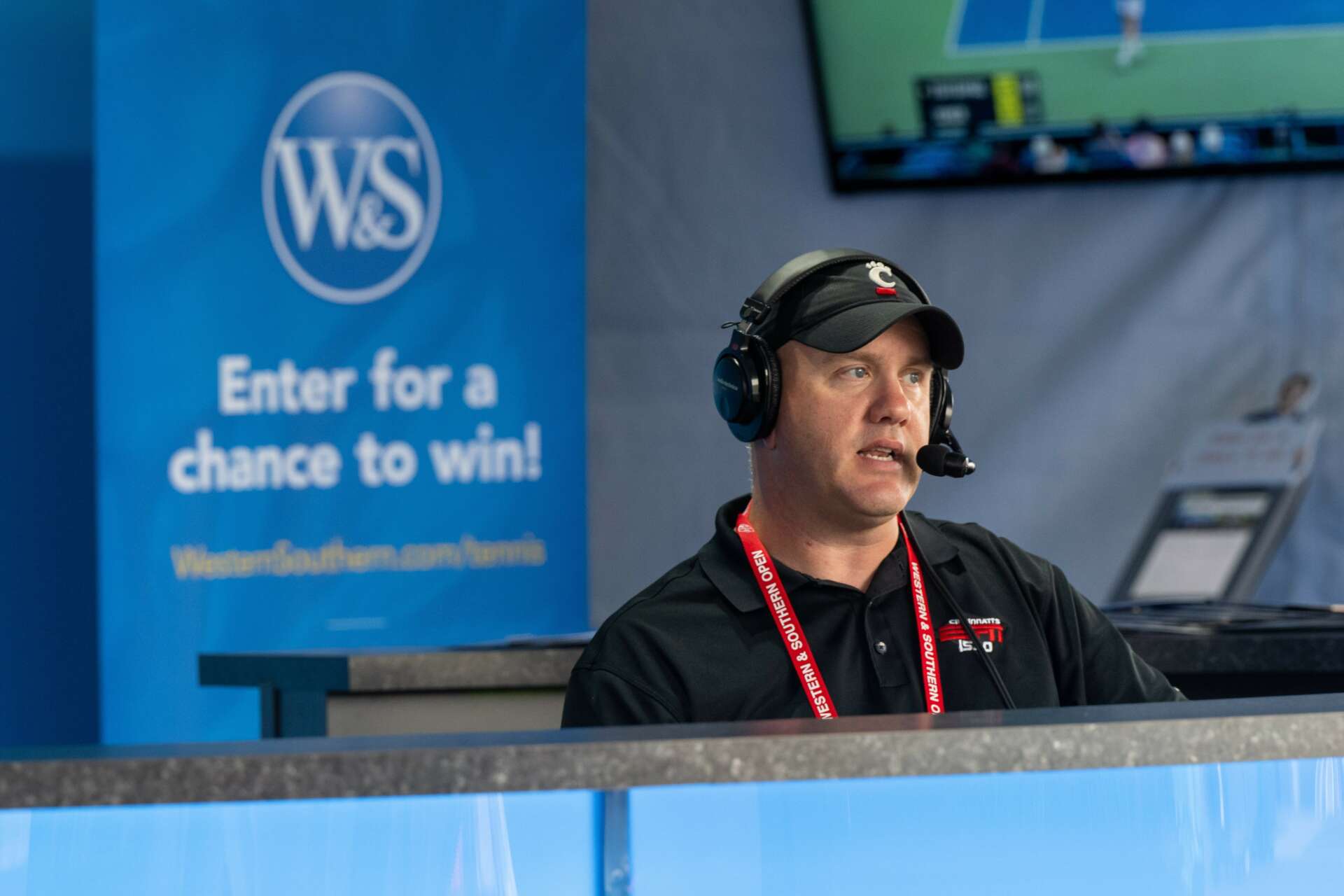
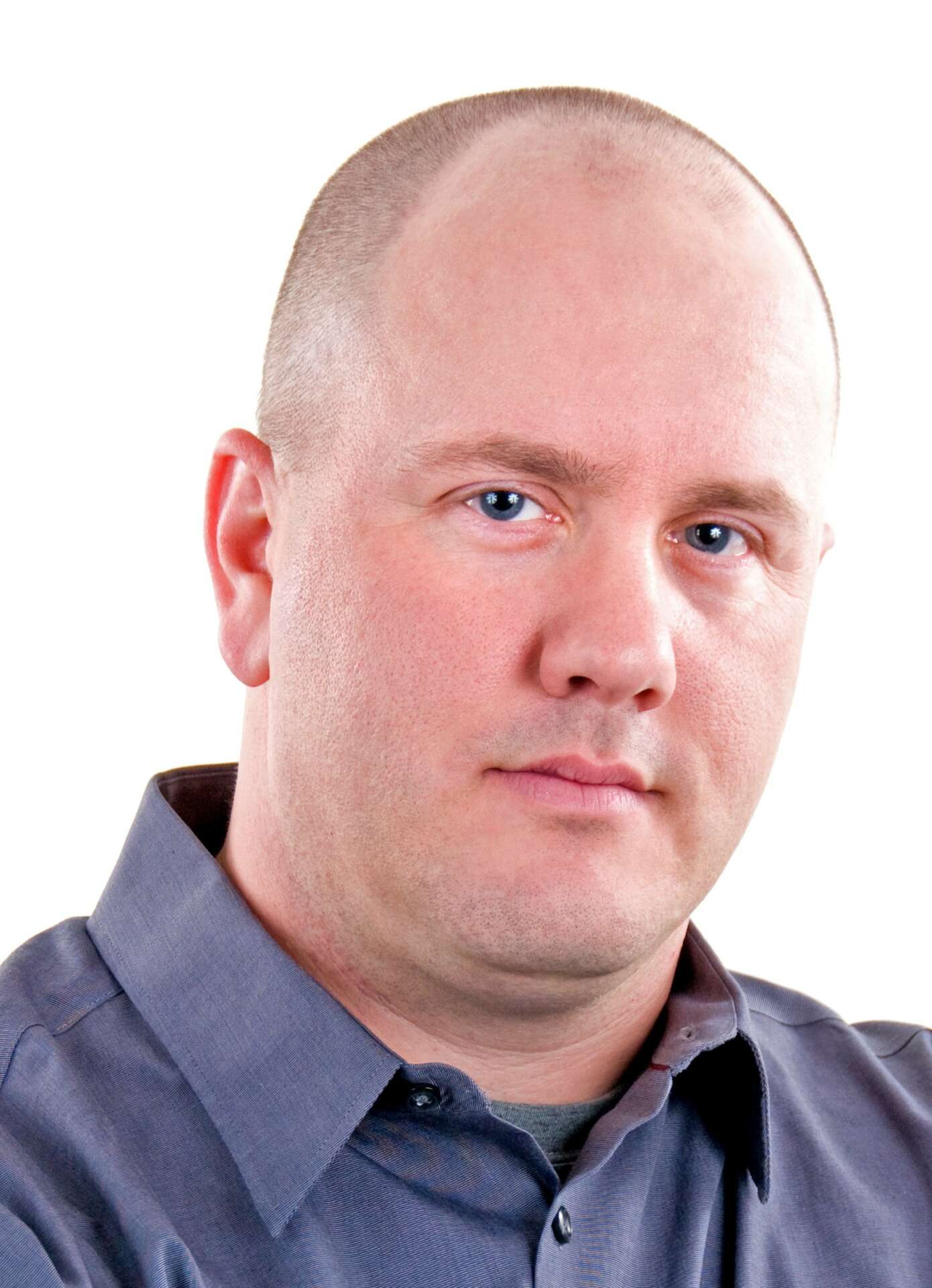
Mo, love having you share your insights with us. Before we ask you more questions, maybe you can take a moment to introduce yourself to our readers who might have missed our earlier conversations?
Quite simply, I’d wanted to work in radio since I was a child and I’d wanted to be a sports talk radio host since I was in high school.
Radio is an industry in which people come from all over the professional map, but my pathway was pretty straight forward. Went to the University of Dayton specifically because it had a campus radio station that offered on-air positions to freshman (there were no podcasts, and YouTube was still a decade or so away), then became an intern at 700WLW in the summer between my sophomore and junior years of college.
Nothing about that experience dissuaded me from wanting to work in radio. If anything, seeing how radio stations worked only fueled my interest. After doing what was required to get class credit, I sort of just hung around the station, offering to help produce shows or do anything that was needed. Finally, some time during my junior year at UD, I was offered a part-time job as a board operator, then months later a full-time position as the producer of 700WLW’s morning show as offered.
That was nearly 25 years ago, and I’ve been employed since. The names of the company have changed, and I’ve expanded and shifted which stations I contributed to, but I’ve worked at the same place for nearly a quarter of a century. I produced for five years, then I took on a management role overseeing our producing staff, and after about six or seven years of working behind the scenes and being told no (understandably) whenever I asked if I could fill-in on the air, I was given a chance to do some hosting work. Gradually, those appearances became more frequent, and in 2007 I was offered a chance to host on a daily basis, first with a partner and then on my own. I was moved to afternoons in 2009, which is where I am today, on ESPN1530 (WCKY) in Cincinnati.
I do 15 hours of live radio per week, crafting topics, interviewing guests, and trying to turn the things that matter most to my audience into entertaining content. I’m proud to have accomplished the goal of having my own show, and having worked through the ranks with no shortcuts or special favors being done to realize that goal.
All I want any potential listener to know is that my show’s sensibilities revolve around sports being fun and that my angles will ideally strike an important balance between me being up front about which teams I root for and being able to provide objective commentary. The idea is for me as a host to give an opinion, and ensure that the audience knows that I’m speaking from the heart, that anything I say is well thought-out, comes from a place of authenticity, and is welcome to be challenged. Also, it is important to make the distinction. I’m a radio personality, an entertainer, and not at all a journalist, though we do have a slew of very, very well respected journalists who we put on the air.
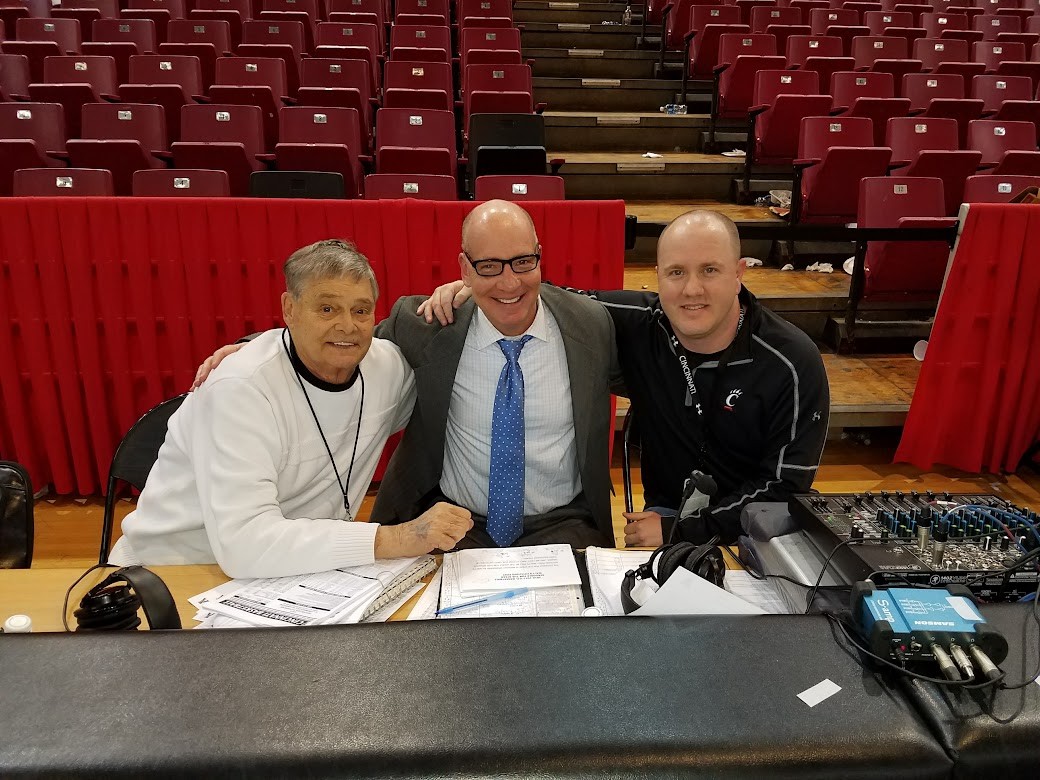
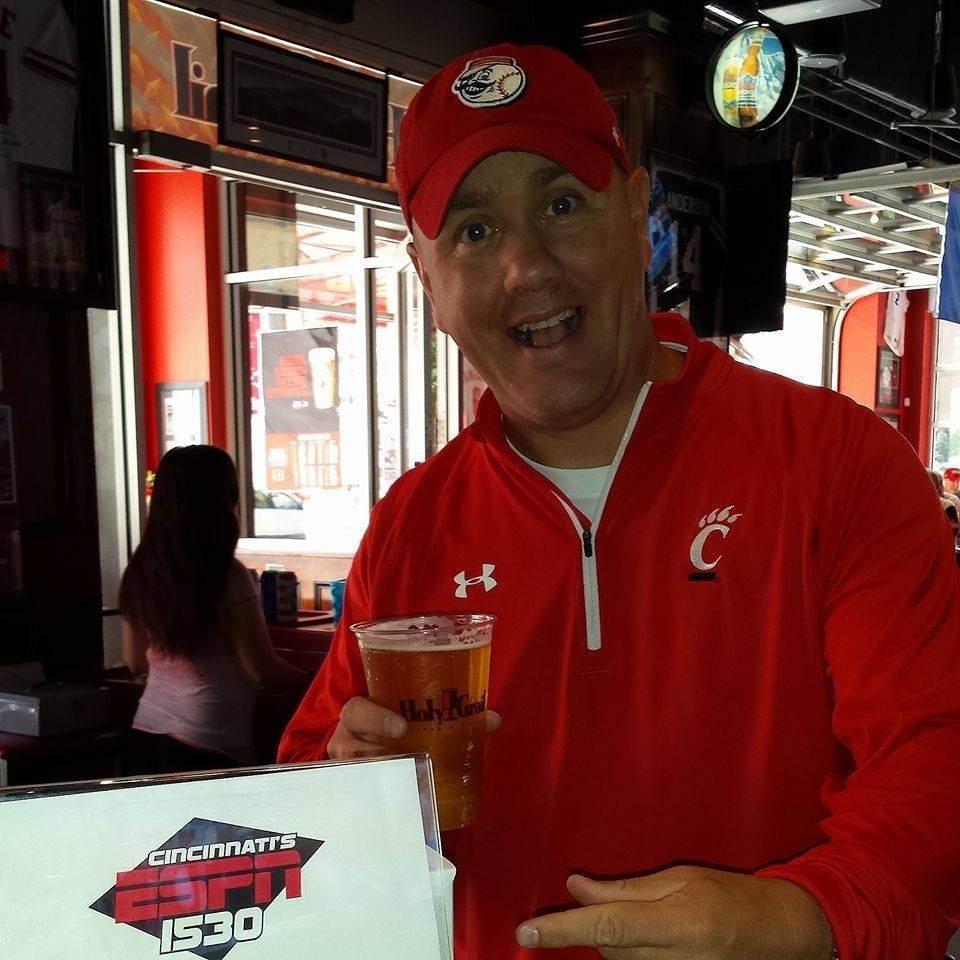
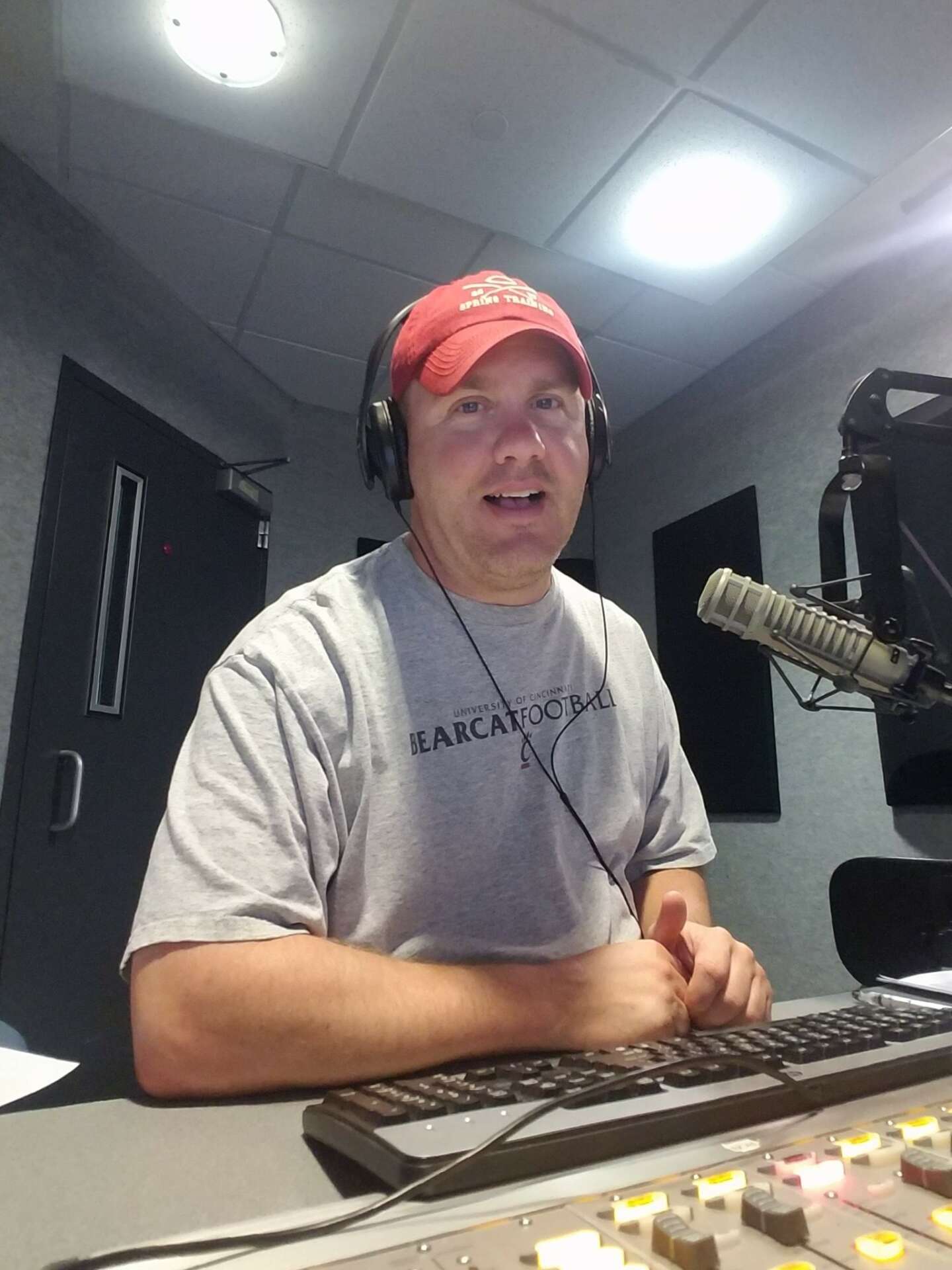
For you, what’s the most rewarding aspect of being a creative?
The feedback from the audience. When someone tells you that they weren’t just listening, but that they remember something specific that we did on our show, and that they remember what their reaction to what they were hearing was, there’s nothing better. It could be that we made them laugh, or that we pissed them off. Maybe we got them to change their mind on an issue, or sometimes it could be that they couldn’t wait to tell me why I was wrong about something. Doesn’t matter. Someone bringing up to me something they heard us do on the radio is always deeply rewarding.
Any insights you can share with us about how you built up your social media presence?
Well, Twitter was becoming a thing right when my show was becoming a thing, so I just sought to make it an extension of the radio show. I viewed it, and still view it, as a place to get attention, offer commentary, be relatable, and enhance the relationship I have with the audience. I can’t say that I’ve unlocked the secret to having a large following – there are thousands who wouldn’t follow me if I wasn’t on the radio – but I do think that anyone who tries to be who they are without toiling in anonymity can develop a nice following just by sharing things that are funny, insightful, relatable, or informative.
Contact Info:
- Website: https://www.iheart.com/podcast/139-mo-egger-espn-1530-700wlw-25690961/
- Instagram: https://www.instagram.com/MoEgger/
- Linkedin: https://www.linkedin.com/in/mo-egger-39a00940/
- Twitter: https://twitter.com/MoEgger
- Other: https://linktr.ee/MoEgger


